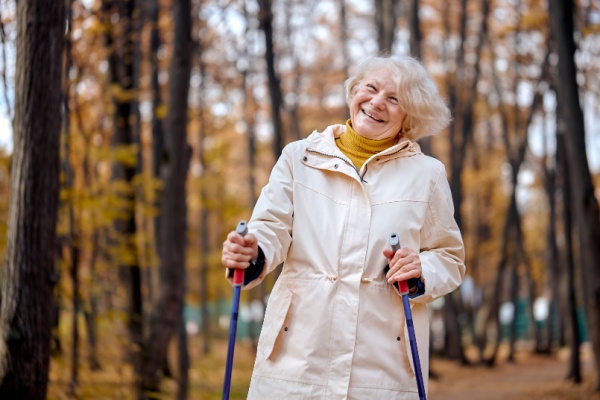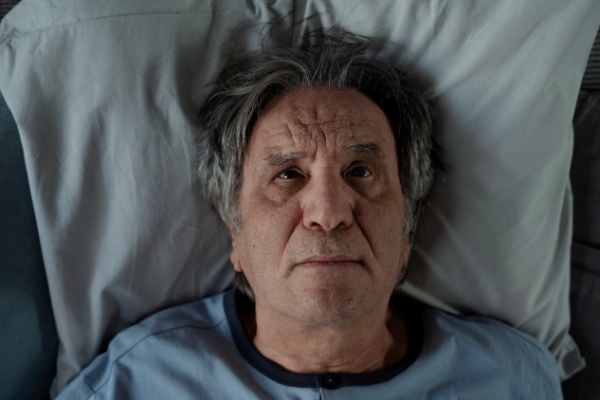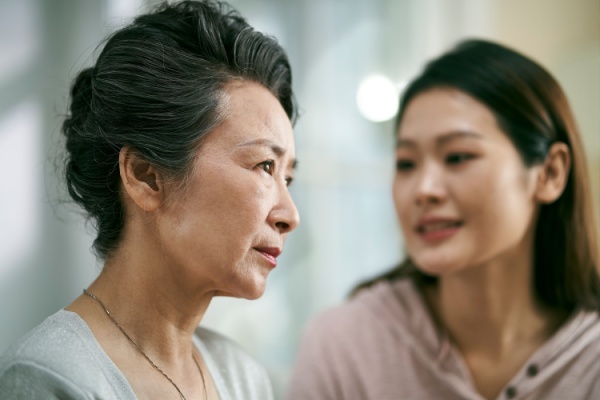No products in the cart.

Exclusive Offer!
Stay safe 24/7 anywhere you go, around town or at home.
Stay safe 24/7 where you spend the most time. Easy to use & affordable.
Turn your smartphone into a personal safety device with this 24/7 monitoring app that’s the ultimate resource for keeping you safe.
Pair it with the Aster app to maximize ease of use and convenience. Click one button to call emergency services.

| Summary • Insomnia is quite common in aging adults, with estimates suggesting up to 50% experience this sleep issue as they grow older. • This sleep disorder can include difficulty falling and staying asleep. It may also cause you to wake up too early in the morning. • Sleep problems can be caused by certain medications, health conditions, and even stress and anxiety. • Practicing good sleep hygiene, like sticking to a sleep schedule and avoiding staring at screens before bedtime, goes a long way to help you beat insomnia. |
It’s no fun to lie awake in the dark, tossing and turning, unable to fall asleep. From time to time, most people experience this — especially when we have a lot on our minds.
However, if you have difficulty falling asleep on a regular basis, you might have a condition called insomnia, which affects up to 50% of adults in their golden years.
Sleep disturbances, like chronic insomnia, can cause several issues, such as daytime sleepiness and fatigue, leading to a higher risk of falls and accidents.
In this article, we’ll discuss how you can treat insomnia and will share some top tips for getting better sleep.
Suffering from a sleep disorder like insomnia often means experiencing delayed sleep onset, which refers to taking longer to fall asleep compared to others.
It may take you hours to fall asleep — this is known as sleep latency. You may also experience frequent awakenings throughout the night, a condition called sleep maintenance insomnia.
People with insomnia may also wake up much earlier than they planned to and may not be able to fall back asleep.
These irregular sleep patterns can have a big impact on your life and may lead to unpleasant side effects like daytime sleepiness and fatigue.
Sleep problems can make it very difficult for older adults to complete everyday tasks, and you may feel irritable and unable to concentrate due to lack of sleep.
If you’ve been having restless nights, we understand your frustration, but keep reading to find out what treatment options are available to help you get the rest you deserve.
Age is a contributing factor to insomnia, which is why many older adults may experience this sleep disorder. Aside from age, there are other reasons you may experience insomnia, including:
Fortunately, if you’re struggling to sleep, there are several available treatment options.
If you’re struggling to get some sleep for more than a few nights a week, you should start by speaking to your doctor about this. Your doctor may ask you to keep a sleep diary for a few days or weeks. They’ll use this to gain a better understanding of your sleeping patterns to determine what the problem might be.
They may prescribe you sleep medications which are designed to make you drowsy and keep you asleep during the night. Be sure to take your sleep medication exactly how your doctor recommends.
Treating insomnia often means addressing an underlying condition you may have. Your doctor might run certain tests to figure out if you have any underlying issues that could be disrupting your sleep.
Cognitive behavioral therapy (CBT) provided by psychologists is also known for its effectiveness in treating insomnia.
| Key Point: Invest in a Medical Alert Device to Curb Stress and Worry If concerns about falling and injuring yourself are making it difficult for you to sleep at night, consider purchasing a medical alert device from LogicMark. Some of our devices have built-in fall detection, which means 911 will be notified as soon as you fall. You won’t ever be left waiting for help. Medical alert devices also allow you to contact your loved ones and caregivers in an emergency. |
Here are some ways to improve sleep quality so that you can wake up feeling refreshed and ready for the day:
Try to go to bed and rise at the same time every day. This may be difficult to stick to initially, but it helps to train your mind and body to know when it’s time to fall asleep and when it’s time to be awake.
Your bedroom should be as cool, quiet, and dark as possible to get the best sleep. Light and heat can disrupt your body clock. If you can, invest in some blackout curtains that will keep your bedroom completely dark and can help lessen any nearby noise.
The blue light emitted from electronic devices like your cell phone and TV stimulates your brain and signals to it that it should be active. Try to avoid looking at screens at least an hour before bedtime.
Doing relaxation techniques before bed, such as breathing exercises, meditation, or light stretching, can help you feel less stressed and more ready to sleep. Reading can also be very relaxing.
Keep a journal nearby and use it to express anything that’s bothering you or that has you worried. Writing down your thoughts in a journal before bedtime can be an effective way to clear your mind and improve your sleep quality.
The benefits of physical activity are endless, but in this case, exercise can help you sleep better.
Going for a slow hike or regular walk is a great way to get some physical activity into your day and sleep better.
Be sure not to do any vigorous exercise before bed, as this can stimulate your brain and make it harder to doze off.
Although alcohol does have sedative properties, it can cause sleep disturbances.
Taking naps during the day can make it harder to fall asleep at night. If you are tired during the day and need to sleep, try shorter naps.
Try not to do any other activities in your bedroom, like eating or exercising. This will help your brain make the connection between your bedroom and sleep.
So, once you get into bed, this activity signals to your brain that it’s time to wind down.
Heavy meals can make it difficult to fall asleep. It can also disrupt your body’s digestive system. If you feel hungry before bed, try eating a small healthy snack, like fruit.
It’s difficult to get good sleep when you’re worried about your physical safety as you age. This is a very real concern for many older adults, and we completely understand why you would be anxious about it.
To help ease some of that worry and help you get better rest, consider investing in a medical alert device like the Freedom Alert Plus.
It’s designed with built-in fall protection, so you’ll get help immediately in an emergency, which may include a fall.
Knowing you’ll get help when you need it can ease your worries, potentially contributing to improved sleep quality. Visit our website to shop the Freedom Alert Plus and our other medical alert devices to get the rest you deserve.

Spending time outside is one of the best ways to boost both physical and mental well-being

When a medical emergency strikes, every second counts. Whether it’s a fall, heart attack, stroke, or another critical event

Medical alert devices can be life-saving tools for seniors, providing quick access to emergency help when needed. However, convincing older adults to adopt these devices isn’t always easy.

For many seniors, maintaining independence is a top priority. They value the ability to live in their own homes, continue their daily routines, and
QUICK LINKS
RESOURCES